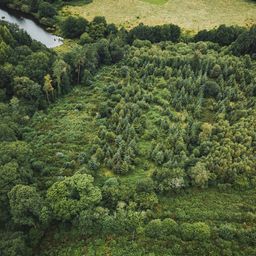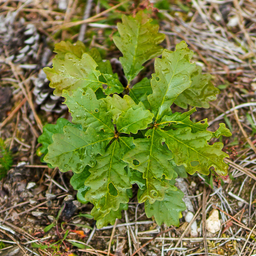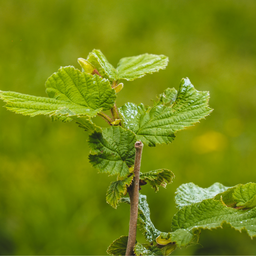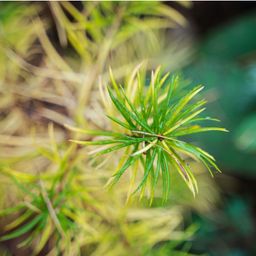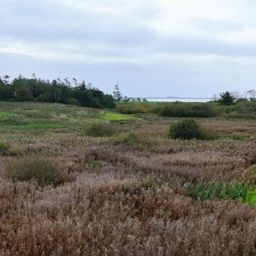Corsican Pine
Corsican pine (Pinus nigra laricio var. corsicana) from the Pinaceae family is a subspecies of black pine; this forest species adapts to all kinds of climates in France on siliceous or calcareous soils. It is one of the largest conifers in Europe and its wood is moderately hard and has a straight grain. Flowering takes place in May with male and female buds on the same tree.
- Growth: initial growth slow and then fairly rapid
- Height: 30 to 50 meters
- Foliage: flexible, non-prickly needles sparsely inserted in pairs
- Trunk: straight, slender carriage with branches evenly spaced per level
- Bark: composed of large irregular patches
- Color: the trunk is silvery grey in old trees and ashen green needles
About Syndicat forest
About Syndicat forest
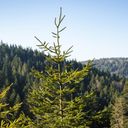
Other tree-owners also looked at
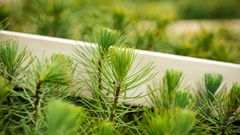

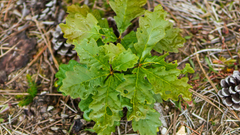

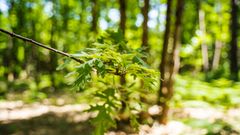

Please note that this is promotional communication. See our notice of information.
Want to know more?
Explore EcoTree's unique approach to forestry, reforesting and how we give everyone a chance to own a piece of the forest.
